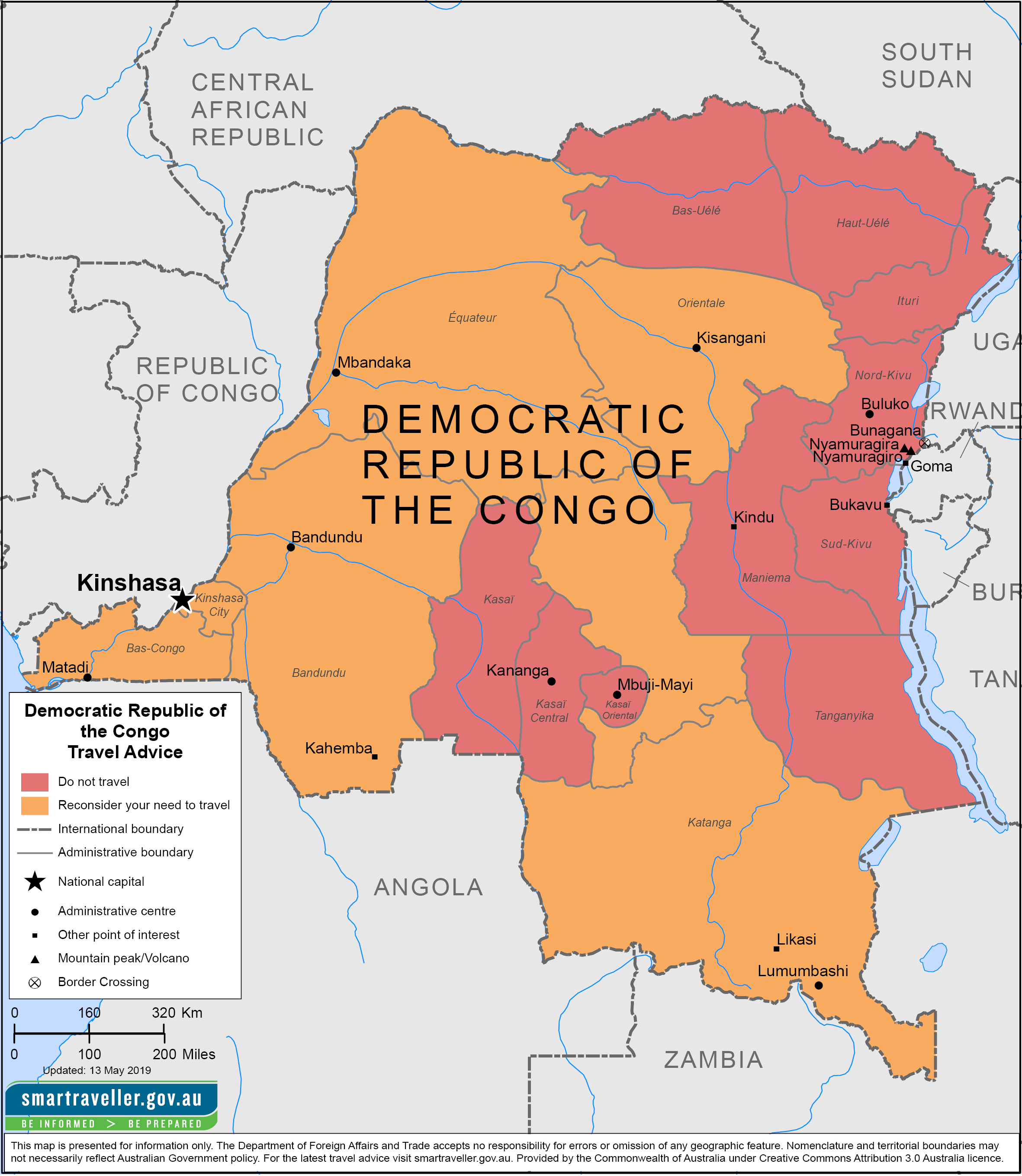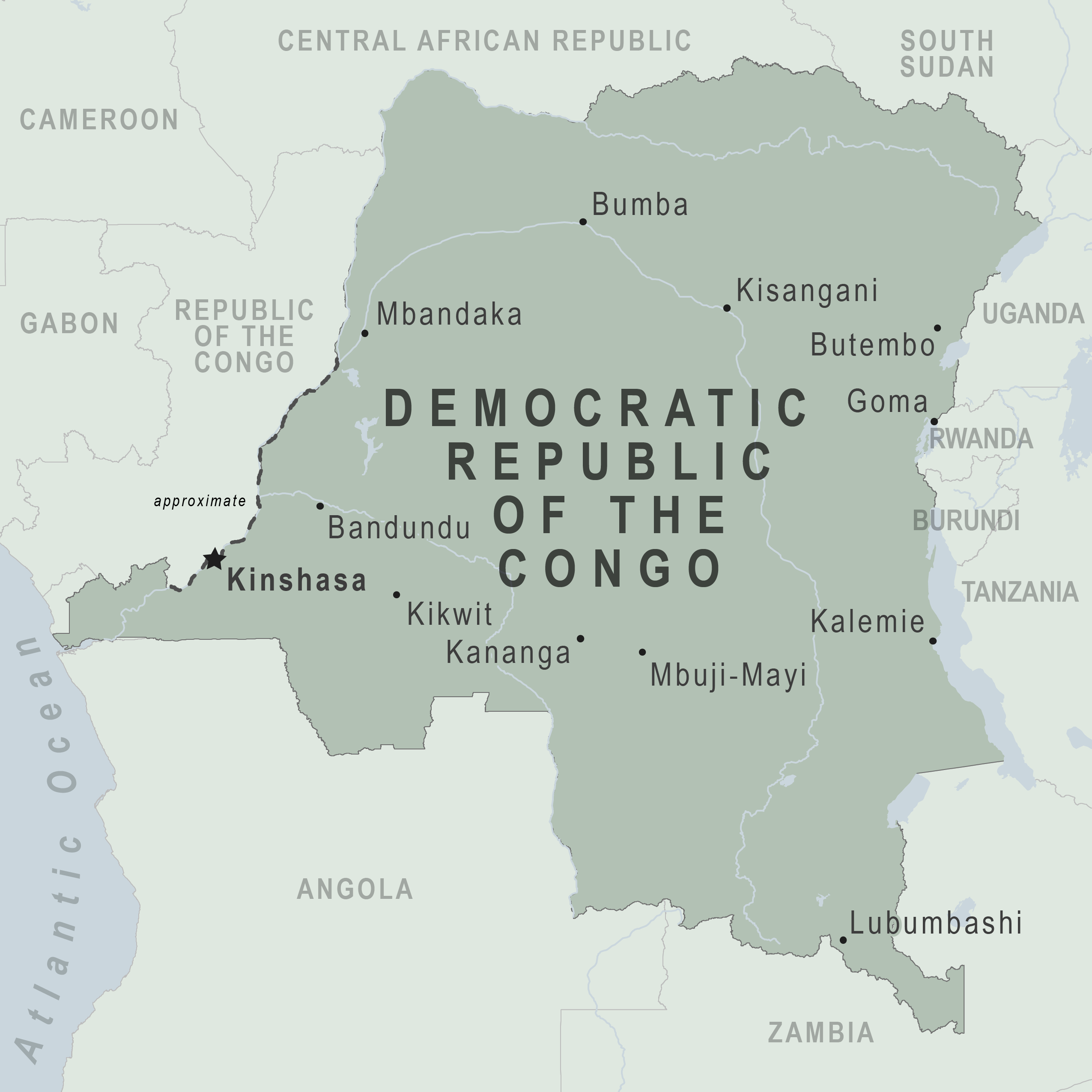Maintaining Malarial Protection
It’s crucial to test different malarial drug prescriptions before your trip, as some can cause severe reactions in certain individuals. Ignoring this precaution would be foolish, putting your health in serious jeopardy. Make malarial prophylaxis a priority wherever you travel in DRC to avoid the potentially deadly disease.

Being Financially Prepared
Access to banks and ATMs outside major cities will be limited in DRC. Bring sufficient physical cash for your needs, as electronic payment alternatives may not be widely available. Expect to pay higher prices for transport, accommodation, and other services than in Western nations. As a foreigner, you may face additional unofficial taxes like “matabishes” from opportunistic officials seeking bribes along roadways.
Connecting with Local Networks
Contacting expat communities and Congolese nationals online before your trip provides invaluable information and potential in-country connections. Facebook groups like “Peace Corps Zaire” allow interacting with foreigners and locals with DRC experience. They can offer advice on navigating the country safely and potentially spare accommodation during travels. Establishing such relationships enhances security through community ties.
Adapting to Local Conditions
Visitors must accept certain realities of life in DRC. Travel may take far longer than expected due road networks’ poor state. Foodsafety standards differ, so illness risks exist. Maintain an open yet cautious attitude toward unfamiliar situations without judgment. Outsiders successfully traverse DRC by respecting the culture and relying on local knowledge and hospitality.
Assessing Risks Appropriately
While parts of eastern DRC experience conflict, many urban and countryside areas remain peaceful for prudent travelers. Don’t assume danger exists everywhere based on media reports alone. Continually reevaluate risks based on facts on the ground. Prioritize health over proving courage. With preparation and cooperation with Congolese, visitors can experience DRC’s beauty and people safely.
Planning Flexible Itineraries
Unpredictable conditions may require trip changes, so maintain flexibility. Delays could come from security issues, transportation difficulties, or health concerns like potential Ebola outbreaks. Choose tour operators valuing customers’ wellbeing over profits. An armed guard unnecessary attracts risks; responsibly prepared travelers navigate DRC each year. Stories focus less on self-portrayal and more on the country’s realities and people.
Respecting Local Languages and Cultures
DRC’s ethnic and linguistic diversity astonishes with over 200 languages. Visitors must accept potential disorientation moving between provinces. Though a few widely speak French or Lingala, understanding varies. Respect cultural norms sensitive to foreigners. Locals welcoming outsiders seeking mutual understanding, not judgment of differences. Patience, courtesy and interest in others opens many doors within this complex yet rewarding nation.
Learning from Experience in DRC’s Regions
Books like “Congo” provide balanced perspectives on the country’s immense challenges and resilience of its citizens. Firsthand accounts convey realities beyond headlines. The north maintains landmarks of Mobutu’s rule offering historical insights largely inaccessible elsewhere. Travelers reaching Kinshasa, Kisangani, Lubumbashi experience urban lifestyles while rural areas preserve diverse cultures. With responsible planning and respect, all regions offer profound lessons for open-minded visitors.
Contributing to Development
Foreign involvement aims not to exploit but uplift Congolese communities through mutually-beneficial exchange. Volunteers bring skills while gaining from locals’ generosity. Ethical tourism sustains traditional ways of life and preserves natural heritage for future generations. Outsiders serve best by cooperating with Congolese leading development, avoiding paternalism. Together visitors and hosts can build understanding and partnership moving DRC positively.

 Planning Your First Visit to New York City
Planning Your First Visit to New York City